Iraqi forces fighting all out to free Mosul from IS
Updated: 2016-10-18 10:14
(Xinhua)
|
||||||||
However, the tough part of the struggle is only in the post-IS stage, as many possible conflicts could erupt in Nineveh province among the Iraqi factions in northern Iraq and with regional countries as well.
The tacit alliance -- of Iraqi government forces alongside the paramilitary Shiite Hashd Shaabi units, paramilitary Sunni tribal fighters, Kurdish Peshmerga fighters and hundreds of U.S. troops -- highlights the significance of the battle of Iraq's last IS stronghold of Mosul.
Recapturing Mosul, Iraq's second largest city, would break the back of the terrorist group, demolishing its self-declared state of Islamic "caliphate" in Iraq.
"Mosul was chosen by the IS top leader Abu Bakr al-Baghdadi to make his first public appearance after declaring the caliphate after the IS group blitzkrieg large territories in northern and western Iraq in June 2014, and that was dramatically symbolic," Jubouri said.
"If Mosul is recaptured by the Iraqi forces, it would be a complete reversal of the IS' sweep, pushing the extremist militants to regroup in a few and isolated pockets of territories in Iraq," Jubouri said.
The only option left for the IS group is to respond to their battlefield losses by returning to guerrilla-style tactics, or retreat to neighboring Syria, where the group also sustains increasing defeats, Jubouri concluded.
Hassan al-Dulaimi, a military expert, told Xinhua that if the IS group is defeated in Mosul, a question will rise; who will govern the areas vacated by IS extremist group and how?
The U.S. strategy to defeat IS from Iraq's northern province of Nineveh and its capital Mosul depends on a variety of allied local armed groups who are often bitterly at odds. All of them consider the IS group as an enemy, but also most of them consider one another as enemies.
"The disputed armed groups will stake out claims to capture lands in ways that risking bringing them into conflict with others who also seize territories," Dulaimi said.
The situation in post-IS Mosul will be so complicated. According to Dulaimi, one of the anticipated conflicts will be between the Iraqi government and the semi-autonomous region of Kurdistan, as the Iraqi Kurds moved into areas called disputed areas outside the regional boundaries before 2003, that once under control of the Iraqi government.
The Iraqi government wants the Kurds to leave these areas after driving out IS militants and that the fate of those disputed areas must be decided after referendum according to article 140 of the Iraqi constitution.
However, the Kurds said they won't let go of any territory Kurds have shed blood to free it from IS and that the referendum must be conducted in these areas under their rule to the disputed areas.
Another conflict possibly to take place between Kurdish Peshmerga and Shiite militias, many of them backed by Iran, as the Shiite militias have teamed up with the security forces pushing north from Baghdad and cleared many towns and villages on their route to Mosul, Dulaimi said.
The reason behind the possible conflict between the Kurds and Shiite militias is also attributed to the disputed areas outside the Kurdistan region. Such conflict has already started in at least one location, the town of Tuz Khurmato in Salahudin province, as clashes have repeatedly taken place late last year and again in April.
Tuz Khurmato, some 90 km east of Salahudin's provincial capital of Tikrit, made up mostly of Turkman Shiite and sizable Kurdish and Sunni Arab population.
- Prominent IS figure killed in US-led air strike in northern Iraq
- Iraqi forces begin major offensive to retake Mosul from IS group
- 'The social responsibility of enterprise is critical'
- In battle for Mosul, many forces driven by dozens of motives
- IS under pressure as troops advance on Palmyra and Mosul
- Iraq's PM hails key victory in Ramadi, vows to free Mosul from IS
- Turkey says to keep up military support for Iraq until Mosul is freed from IS
- Flying club offers bird's-eye view of Pyongyang
- Greeks rally against labor reforms
- New poll shows Clinton's double-digit lead over Trump
- Iraqi forces fighting all out to free Mosul from IS
- Iraqi forces begin major offensive to retake Mosul from IS group
- Thai PM reassures on smooth succession; coronation after king's funeral
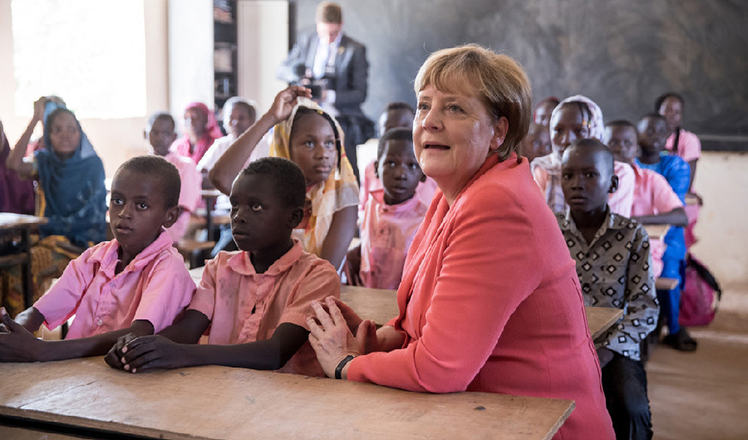
 World in photos: Oct 10 - 16
World in photos: Oct 10 - 16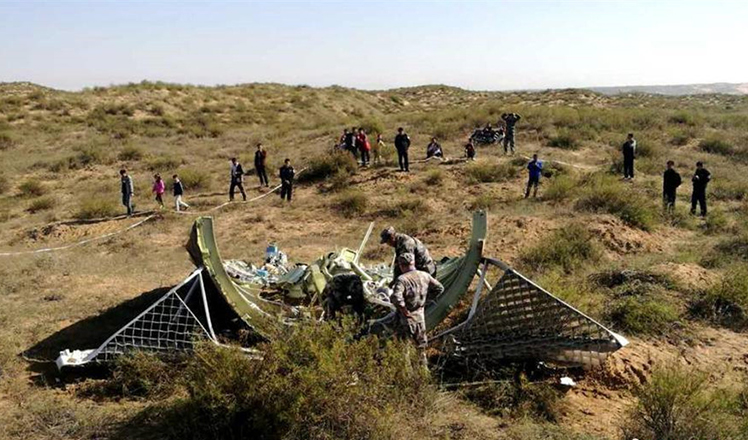
 Fairing fragments of Shenzhou XI found in Shaanxi
Fairing fragments of Shenzhou XI found in Shaanxi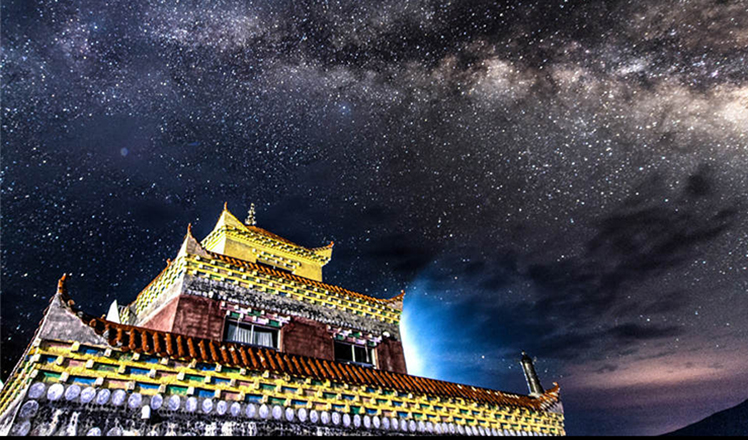
 Feast for the eyes: Photo Beijing 2016
Feast for the eyes: Photo Beijing 2016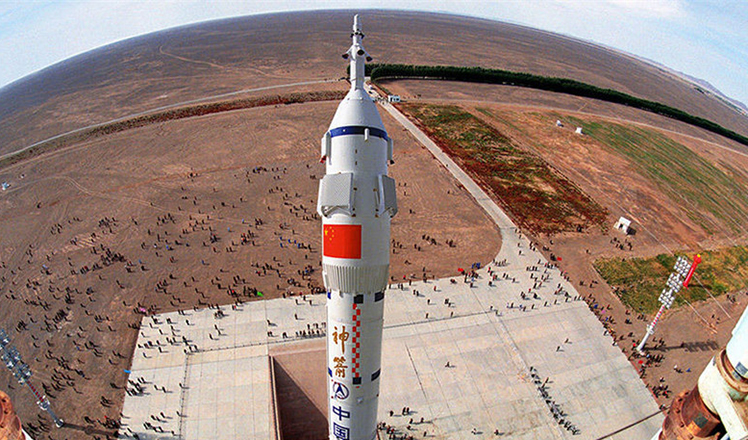
 China's Shenzhou spaceship: A proud family
China's Shenzhou spaceship: A proud family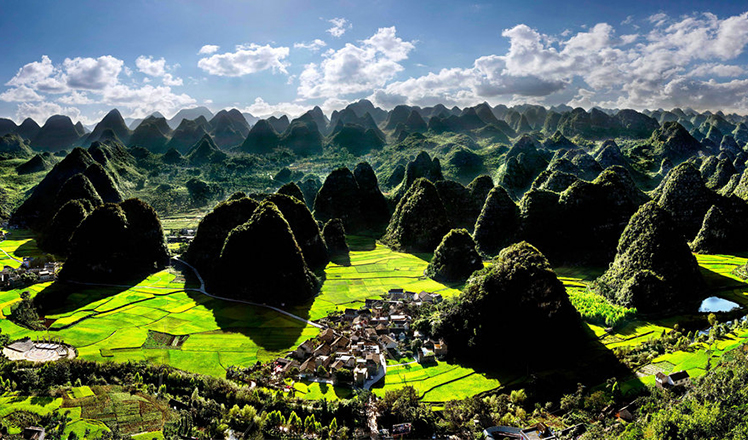
 Journeys toward prosperity
Journeys toward prosperity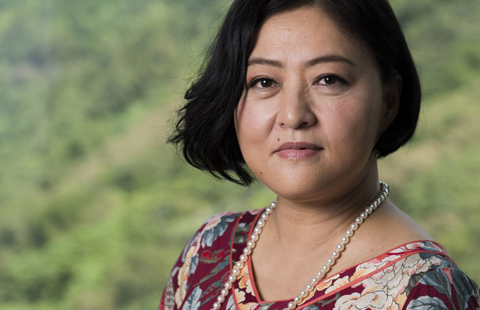
 Female investors rise to top of venture capital companies
Female investors rise to top of venture capital companies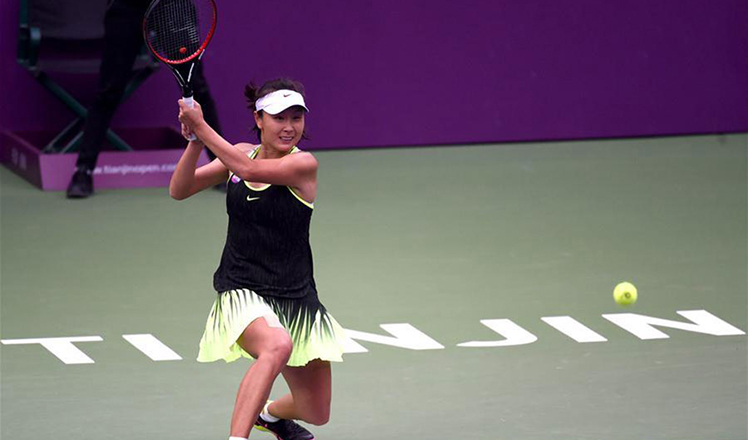
 Peng Shuai claims title of women's singles at WTA Tianjin Open
Peng Shuai claims title of women's singles at WTA Tianjin Open
 Birthday celebration held for panda cubs at Toronto Zoo
Birthday celebration held for panda cubs at Toronto Zoo
Most Viewed
Editor's Picks

|

|

|

|

|

|
Today's Top News
'Zero Hunger Run' held in Rome
Trump outlines anti-terror plan, proposing extreme vetting for immigrants
Phelps puts spotlight on cupping
US launches airstrikes against IS targets in Libya's Sirte
Ministry slams US-Korean THAAD deployment
Two police officers shot at protest in Dallas
Abe's blame game reveals his policies failing to get results
Ending wildlife trafficking must be policy priority in Asia
US Weekly

|

|








